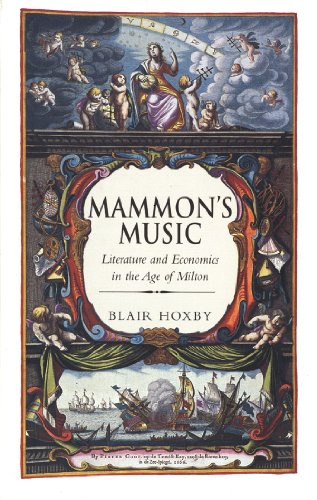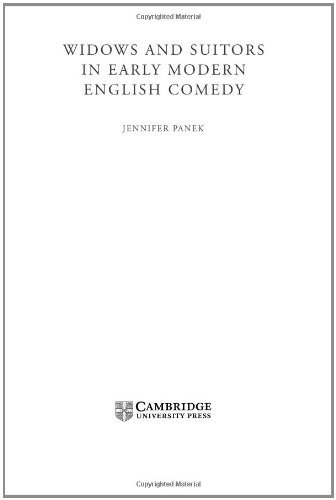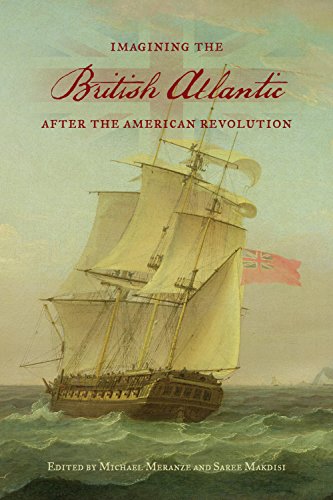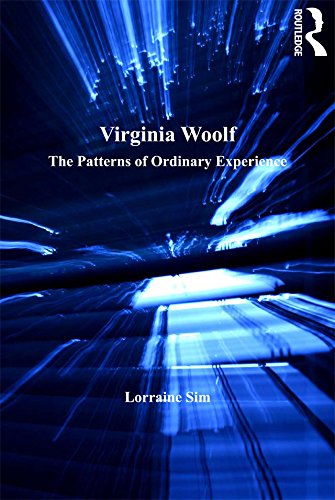Download Defoe’s Major Fiction: Accounting for the Self by Elizabeth R. Napier PDF
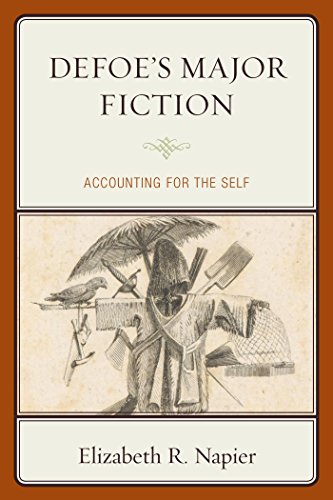
By Elizabeth R. Napier
Defoe’s narratives bring up profound questions on selfhood and organization (as good as show competing attitudes approximately narration) in his fictive worlds. His canon indicates a large variety of first-person fictional bills, from pseudo-memoir (
A magazine of the Plague Year, Memoirs of a Cavalier) to legal autobiography (Moll Flanders) to confession (Roxana), and the narrators of those bills (secretive, compulsive, fractive) express an array of resistances to the telling in their existence tales. Such experiments with narration evince Defoe’s deep involvement in initiatives of self-description and -delineation, as he interrogates the bounds of the self and dramatizes the arduousness of self-accounting. Defoe’s fictions are emphatically consciousness-centered and the importance of one of these concentration to the improvement of the unconventional is patently as nice as is his “realistic” variety. Defoe’s narrative undertaking, actually, demanding situations present perspectives at the second at which inwardness and interiority start, as Lukács argued, to contain the subject material of the radical, implicitly attributing to id and cognizance a spot of sign and complicated value within the new genre.
Read Online or Download Defoe’s Major Fiction: Accounting for the Self PDF
Similar british & irish contemporary literature books
Mammon's Music: Literature and Economics in the Age of Milton
The economic revolution of the 17th century deeply replaced English tradition. during this bold e-book, Blair Hoxby explores what that monetary transformation intended to the century’s maximum poet, John Milton, and to the wider literary culture within which he labored. Hoxby locations Milton’s workas good because the writings of up to date reformers just like the Levellers, poets like John Dryden, and political economists like Sir William Pettywithin the framework of England’s financial historical past among 1601 and 1724.
Widows and Suitors in Early Modern English Comedy
The courtship and remarriage of a wealthy widow used to be a well-liked motif in early smooth comedian theatre. Jennifer Panek brings jointly a wide selection of texts, from ballads and jest-books to sermons and court docket documents, to ascertain the staple widow of comedy in her cultural context and to check early glossy attitudes to remarriage.
Imagining the British Atlantic after the American Revolution (UCLA Clark Memorial Library Series)
Among 1750 and 1820, tides of revolution swept the Atlantic international. From the recent business cities of serious Britain to the plantations of Haiti, they heralded either the increase of democratic nationalism and the following surge of imperial response. In Imagining the British Atlantic after the yankee Revolution, 9 essays think about those innovative variations from various literary, visible, and historic views.
Virginia Woolf: The Patterns of Ordinary Experience
In her well timed contribution to revisionist methods in modernist experiences, Lorraine Sim bargains a examining of Virginia Woolf's belief of normal adventure as printed in her fiction and nonfiction. Contending that Woolf's representations of daily life either recognize and supply a problem to characterizations of everyday life as mundane, Sim indicates how Woolf explores the potential for daily event as a domain of non-public that means, social figuring out, and moral price.
- The Media Players: Shakespeare, Middleton, Jonson, and the Idea of News
- Representing Revolution in Milton and his Contemporaries: Religion, Politics, and Polemics in Radical Puritanism
- The Arts of Remembrance in Early Modern England: Memorial Cultures of the Post Reformation (Material Readings in Early Modern Culture)
- Conan Doyle: Writing, Profession, and Practice
Additional resources for Defoe’s Major Fiction: Accounting for the Self
Example text
